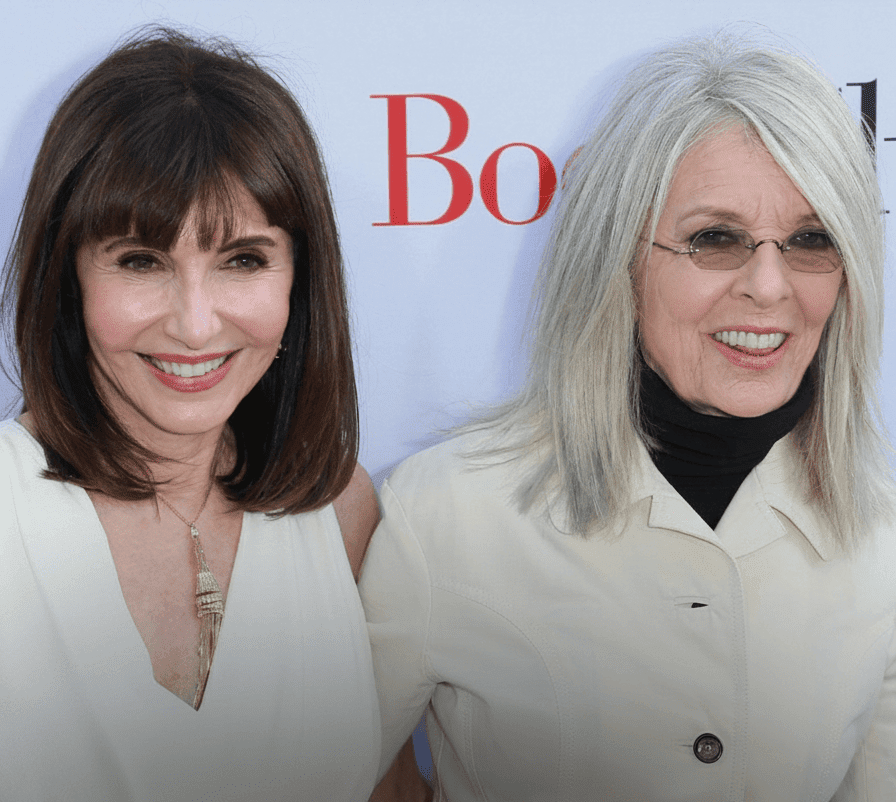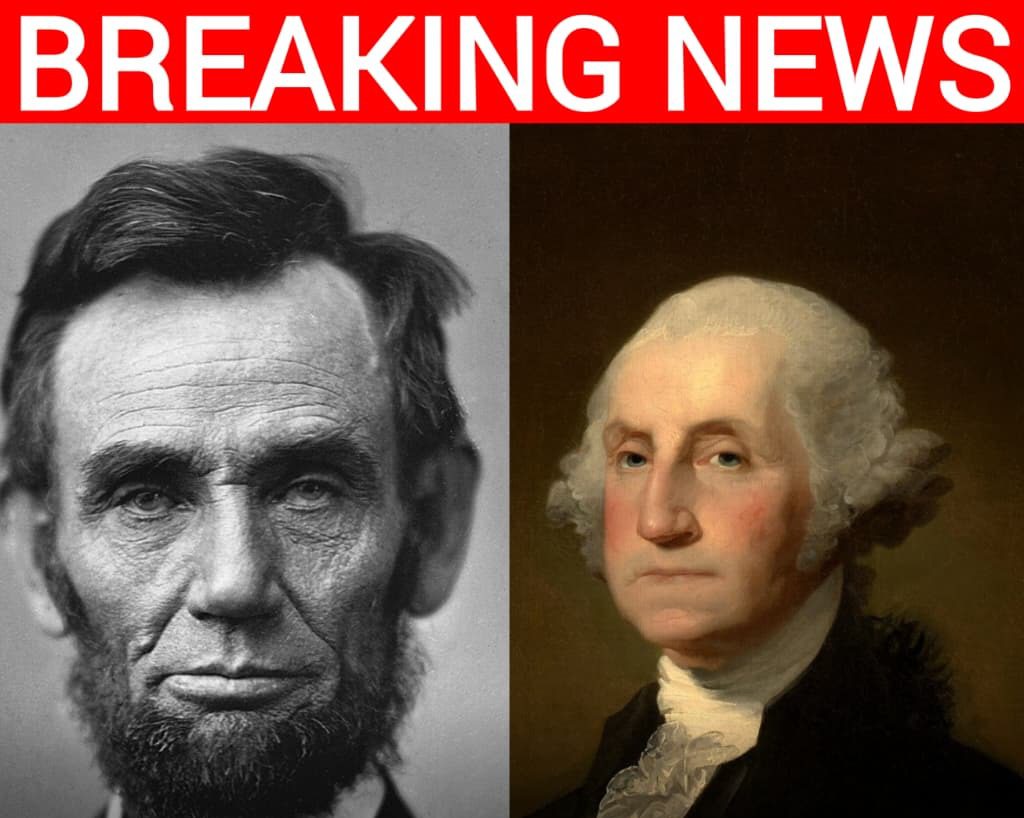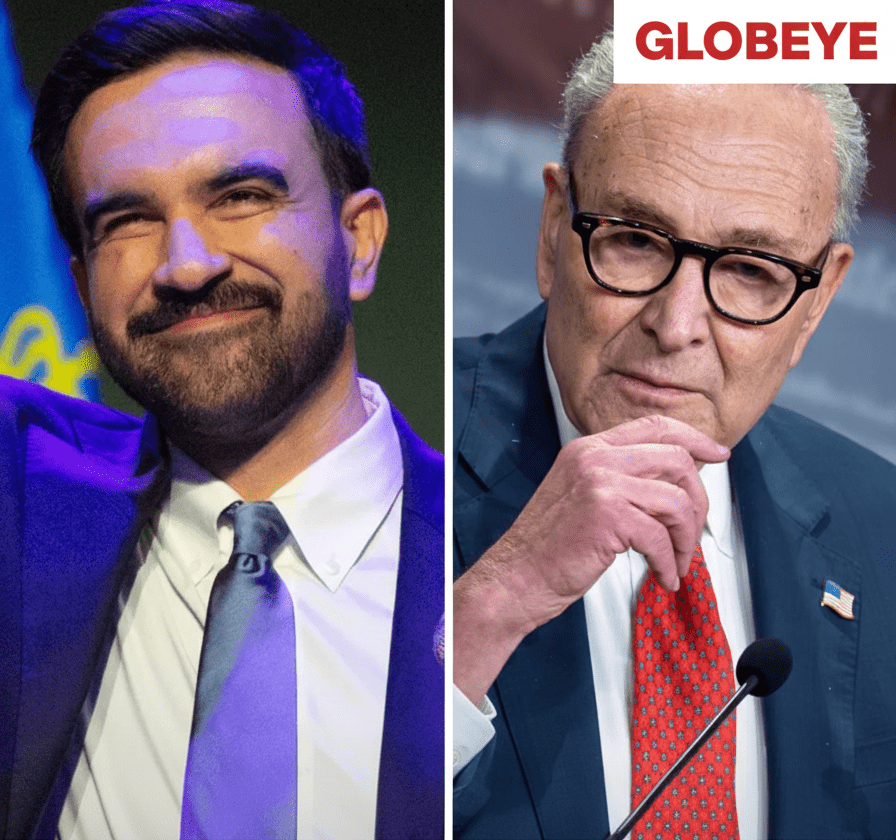“Pure Magic”: Mary Steenburgen, Bette Midler and More Stars Share Emotional Tributes Remembering Diane Keaton’s Life, Laughter and Legacy at 79
Hollywood is grieving a woman who made it look easy to be wholly, joyfully herself. Diane Keaton, who died in California at 79, is being remembered not only for the films that shaped generations—Annie Hall, Father of the Bride, The First Wives Club, Something’s Gotta Give—but for the warmth, mischief and sparkle she carried into every room. As the news spread, friends and co-stars described the same Diane again and again: curious, funny, brave, and endlessly kind.
Mary Steenburgen, who cherished a decades-long friendship with Keaton, wrote what many felt: “Diane was magic. There was no one, nor will there ever be, anyone like her. I loved her and felt blessed to be her friend. My love to her family. What a wonder she was.” The message captured the tone of the day—heartbroken, yes, but filled with gratitude that we got to witness her light.
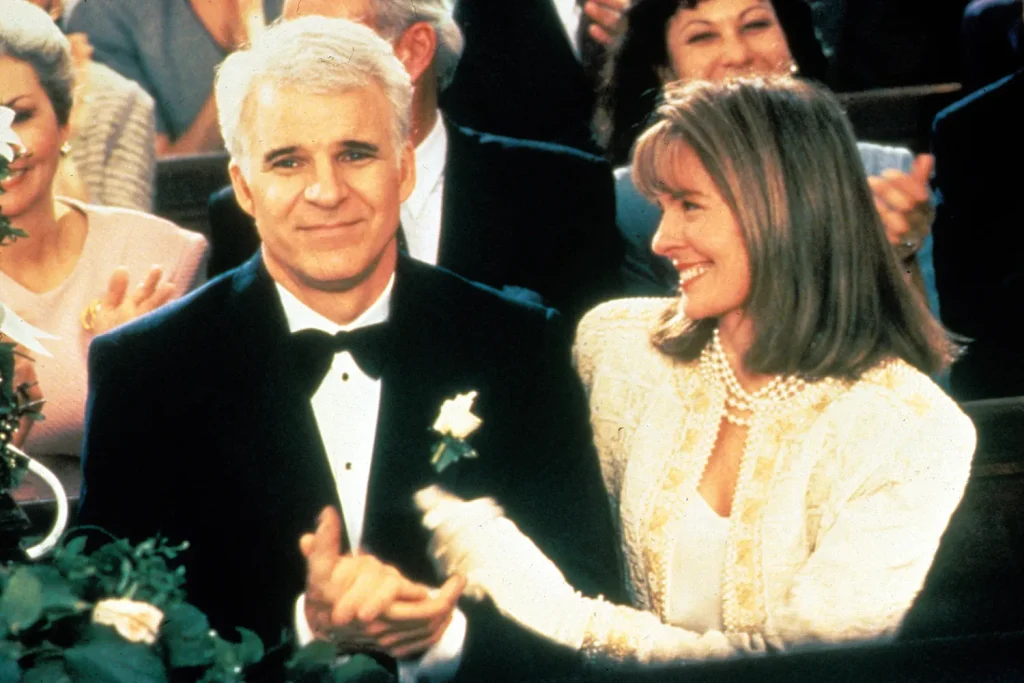
Bette Midler remembered the sisterhood they forged on The First Wives Club, a movie that gave a generation permission to laugh through pain and find strength in each other. She called Keaton “a national treasure,” the kind of collaborator who made work feel like play and friendship feel like home. Kimberly Williams-Paisley, who starred with Keaton in the Father of the Bride films, shared that Diane’s laughter on set was the soundtrack of her early career. “She made me brave,” Williams-Paisley once said of filming with her. “She taught me to trust my instincts.”
Tributes also poured in from younger actors who grew up studying Keaton’s cadence and courage. They spoke about how she made “different” feel like a superpower. The turtlenecks and hats, the slightly off-beat rhythm of her voice, the self-deprecating jokes—none of it was affectation. It was Diane choosing to be Diane, inviting the rest of us to be ourselves, too. That’s why her characters felt like friends. We didn’t just watch Annie Hall or Erica Barry; we recognized a piece of our own hearts in them.
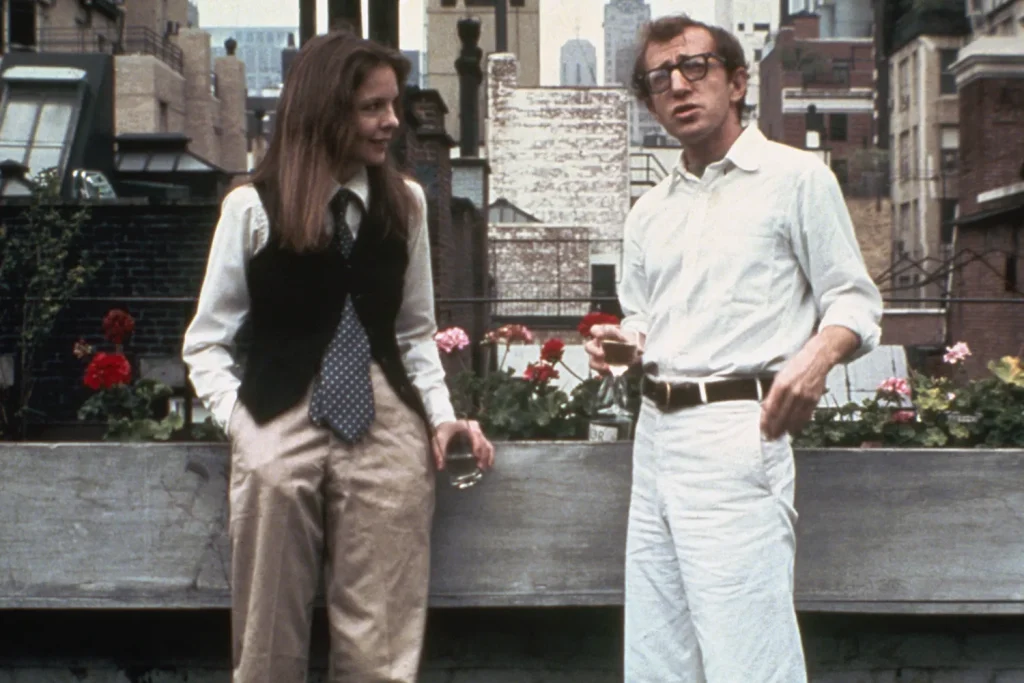
Friends who saw Keaton in recent months say she remained sharp and playful, devoted to her close circle and to the simple joys of home. She loved her children, Dexter and Duke, with a devotion that anchored her later years. She loved her dogs. She loved houses—finding them, restoring them, turning them into artful sanctuaries where life felt intentional. She loved to take pictures and tell stories and show you some chipped tile she swore was perfect because it had a past.
Keaton’s legacy is layered. She reset the temperature of the modern romantic comedy with Annie Hall, winning the Academy Award for Best Actress while quietly redefining what a leading lady could look and sound like. She gave heartbreak its own brand of humor and made middle age feel electric in Something’s Gotta Give, earning another Oscar nomination and creating one of the most indelible crying-while-typing scenes in movie history. She could be fierce and fragile, elegant and ridiculous, often in the same breath. That balance—human and hopeful—was her secret.
But beyond the work, people keep returning to the way she made them feel. She celebrated other women’s talent. She listened. She wrote notes. She remembered names. She told stories that turned awkward moments into shared laughter. If you were nervous, she’d lean in and make a joke about herself until your shoulders dropped. If you were proud, she’d clap the loudest. It’s no wonder the tributes read like love letters: colleagues became friends; friends felt like family.
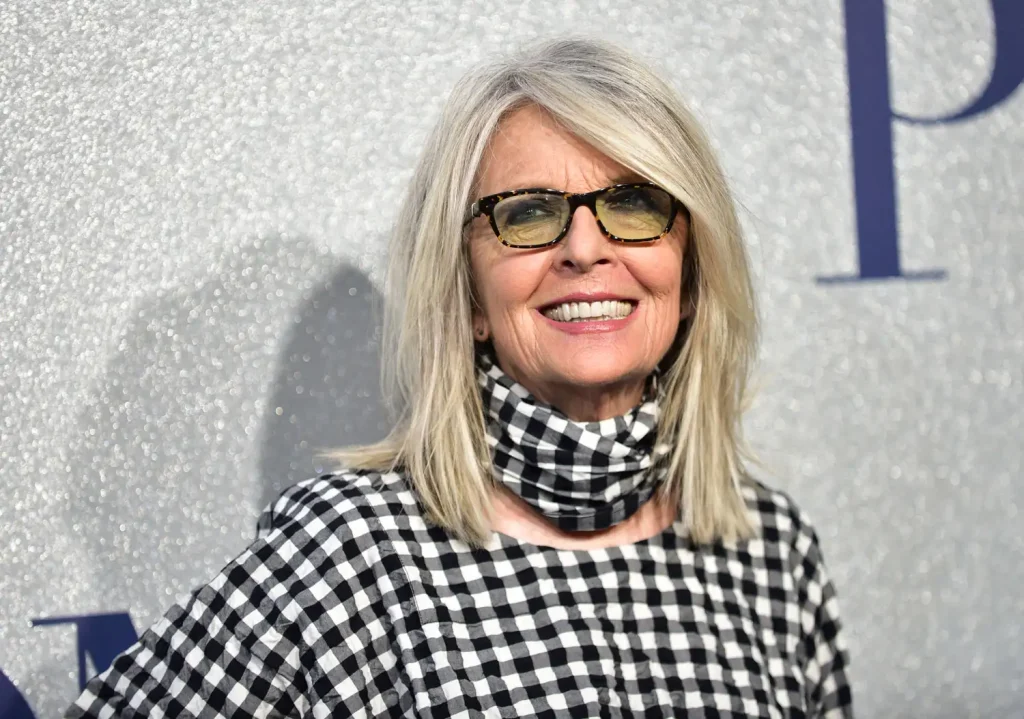
Grief has a way of sharpening the ordinary. In the days ahead, many will rewatch the films and hear the small things again: the catch in her laugh, the way she rolled a line so it landed like a wink, the sincerity that made even a throwaway moment feel true. Those details are why Diane Keaton never felt distant. She was a star, but she was also the person who could sit across a table, tilt her head, and make you feel seen.
Hollywood will keep her alive the way it knows best—through stories, through scenes, through that unrepeatable voice. The rest of us will keep her alive in smaller ways: a turtleneck and a hat on a cold day, a brave choice made without apology, a burst of laughter at our own expense. Diane Keaton did not just act in beloved movies; she taught us how to carry a little more light. Today the tributes sound like applause at the end of a great performance—sustained, grateful, and not quite ready to fade.
